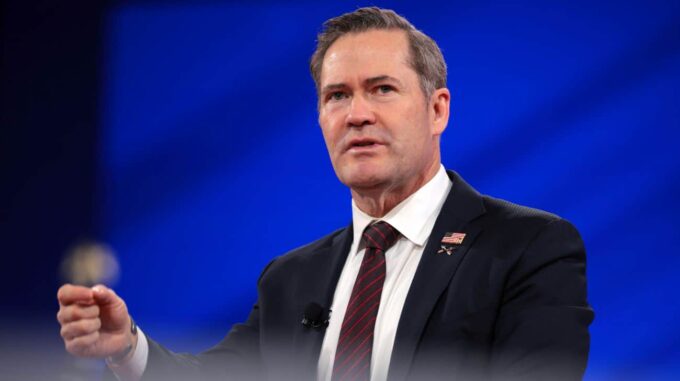Mike Wolff, former U

S. National Security Advisor to the President, received several attractive career proposals from the White House after the news of his dismissal, including ambassadorial positions in various countries and a role in global diplomacy. Sources from CBS News, citing internal messaging exchanges and official statements, report that the key figure in the White House, Chief of Staff Susie Wiles, offered Wolff several potential job options in the morning, among which was a position in Saudi Arabia. However, after a brief discussion and reflection, the former advisor settled on the candidacy for the U.S. Ambassador to the UN, which led to speculation about the administration's intention to officially announce him in this new role next week. It is known that amid rapid political changes and the noise surrounding his resignation, the initiative regarding his further employment came from quite high-level officials—it was essentially the end of his official duties within the administration. According to sources, Wolff’s last working day in the White House was scheduled for Friday, after which Marco Rubio, the new U.S. Secretary of State, who has been authorized to temporarily serve as National Security Advisor, would take over. On Thursday, these high-ranking officials—Rubio and Wolff—met to begin the handover process and prepare for the potential transition into a new role in foreign policy. It is also important to recall the events that preceded this personnel change. Michael Wolff resigned following a scandal related to an incident on the Signal messaging app, when it was revealed that he participated in discussions about military operations in Yemen alongside administration staff. The exposure of this correspondence sparked a wave of criticism and surprise in the media, and raised questions about the trustworthiness of his role in the national security sphere. Both domestic and international media quickly named alternative candidates for the advisor position, including former Trump envoy Steve Vitkoff and White House Deputy Chief of Staff Steven Miller, who could potentially strengthen the administration’s political front. Therefore, the main question now is: who will occupy the position of National Security Advisor in the near future, and how will the personnel reshuffles in the U.S. President’s team be resolved? No official announcements have been made yet, but it is clear that the political and diplomatic circles are actively discussing the situation, which could significantly influence the further strategic direction of the American administration. Meanwhile, Mike Wolff is moving forward with his roles, and his career on the international stage is likely to continue evolving along a new trajectory, which will be discussed at length in political and media circles.

